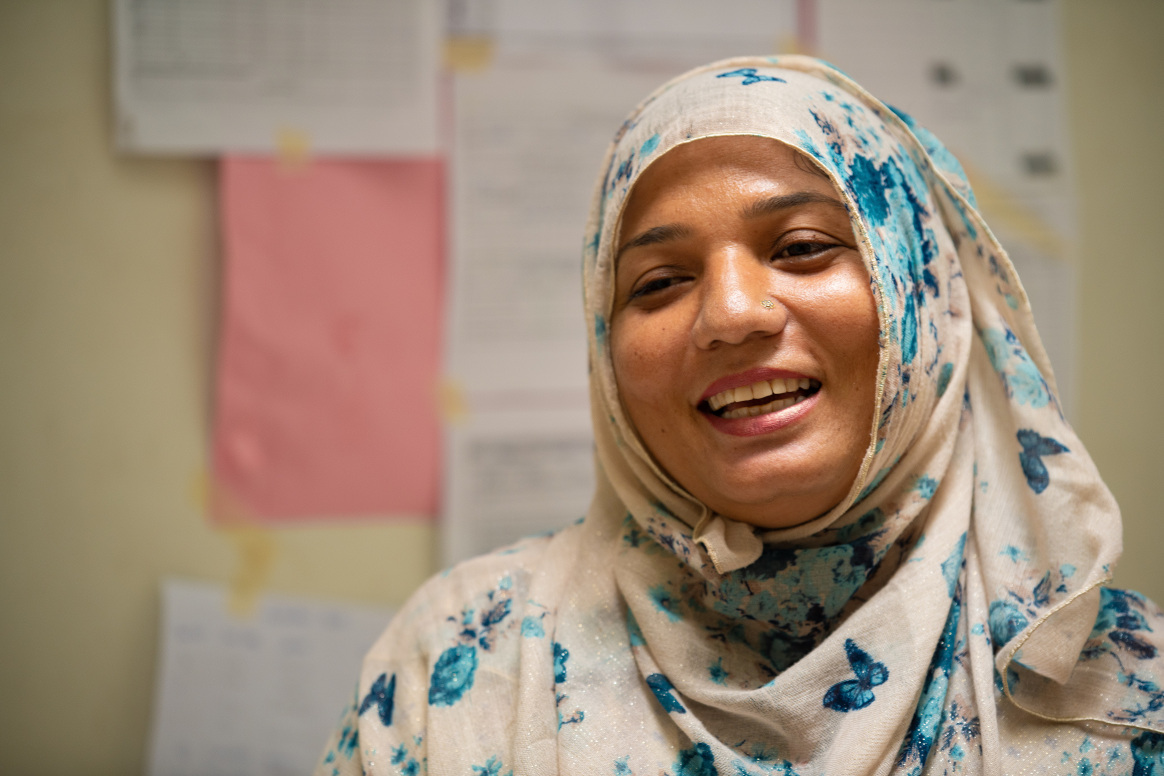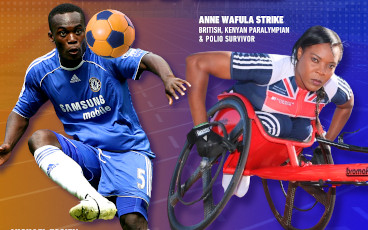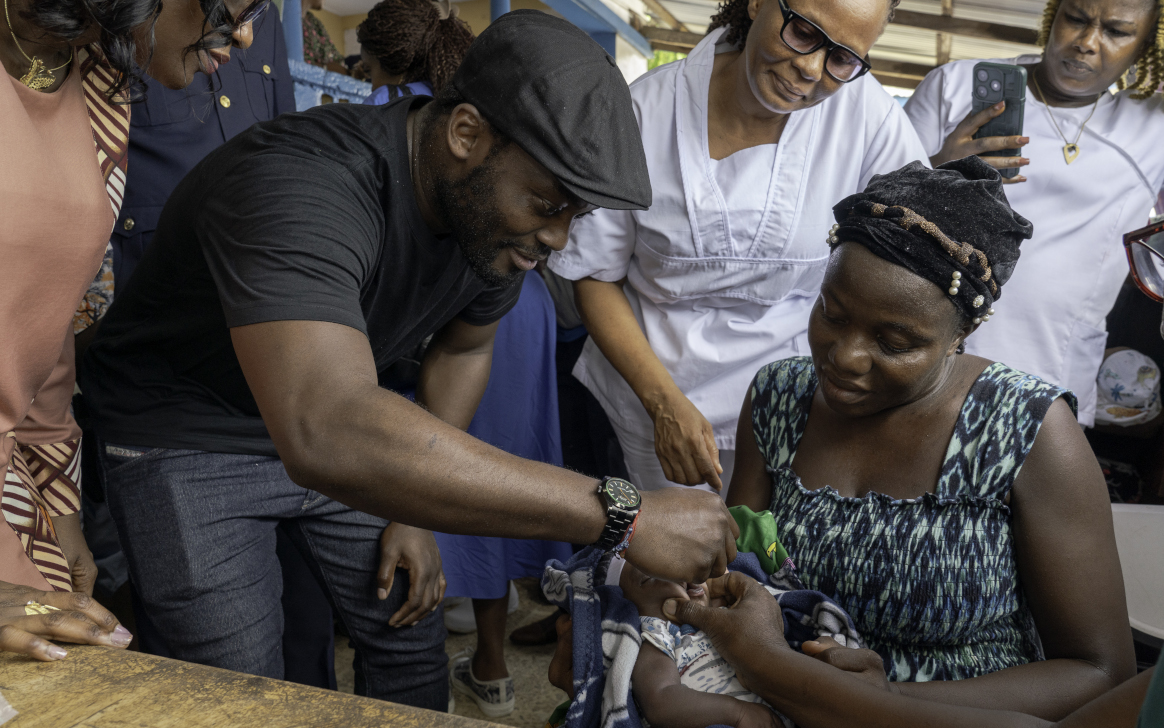Polio worker nominated for Presidential honour in Pakistan
Soni Faisal’s work to eradicate polio has been as healing for her as it has been for the children she’s determined to help.

Contracting the infectious virus at 11 months of age, few believed Soni would ever be able to work. Today, she’s a nominee for one of Pakistan’s most prestigious awards.
Soni started out in the programme in 1999, initially as a vaccinator. Now a mother of three children, these days, Soni works with the programme as a social mobilizer. Her role includes dispelling people’s misconceptions about the vaccine and engaging with parents about the importance of vaccinating their children.
When Soni received a notification from the Government of Pakistan that she had been selected for a Presidential Pride of Performance award, which honours individuals who are extraordinary in their field of work, she didn’t quite know how she felt. “I’m not really interested in accolades, but my son and my husband were very excited” she said.
Soni says her work with the polio eradication programme has given her life meaning and purpose. “People would look at my leg and say, ‘How will she work?! She can’t work. But when I started working, then everyone could see, ‘yes, yes she can’,” she says.
“The polio programme has given me so much confidence. After I started working in polio, I had the confidence of meeting new people. Meeting family, going to weddings, all of it became easier. Before that, I had no confidence to even step out of the house,” she continues.
Soni recalls how hesitant her father was when she first told him she wanted to join the programme. “He was concerned I won’t be able to manage because of my health, but he understood very soon that this was something I just had to do. He told my mother ‘let her do it’.”
During her early training as a vaccinator, Soni recalls the words of one of her trainers – ‘If you can save one child from polio, then you would have served the purpose of your life’. “I knew, then, this was it, “she says. “This is what I had to do.”
The year Soni was diagnosed with polio – 1984 – nearly 200 other children in her neighbourhood of Liaquatabad in Karachi were also diagnosed with the virus. At the time, there were no door-to-door campaigns and children could only be vaccinated at health centres.
Today, Pakistan and Afghanistan are the last two countries in the world where wild poliovirus is endemic. In 2021, only one child was paralyzed by the virus in Pakistan and four in neighbouring Afghanistan. In 2020, a total of 84 cases were reported in Pakistan and 56 in Afghanistan.
The eldest of six siblings, Soni came from a very conservative family, where her grandmother would not let children leave the house. “In our family, all the children were born at home because the women were not allowed to leave the house, and so I was never taken to a health centre for vaccination.”
“My father always lived with the regret of not vaccinating his daughter,” she says. “Often parents make these decisions, and it is the child who has to suffer for all their life.”
Both Soni’s parents tried everything they could to heal her condition – visiting different doctors, acupuncture specialists, and anyone they could find who might offer any assurances. She also went through a very extensive operation, with steel bolts put in her leg resulting in excruciating pain that lasted for months.
“No matter what you do, whatever you try, there is no cure for polio,” she says. “I wanted to study sciences, and my teacher didn’t allow me to because she would say how will you stand in labs all day. I would go to college and one of the women in the bus would see me and say ‘Look at her, such a beautiful girl and look at what happened to her foot’.”
Soni says that when she is working on campaigns and some people see her, they immediately want to vaccinate their children, while others question why she is telling them to vaccinate while having polio herself.
“To them I say, I am here because I know exactly how hard it is if you are not vaccinated.”












